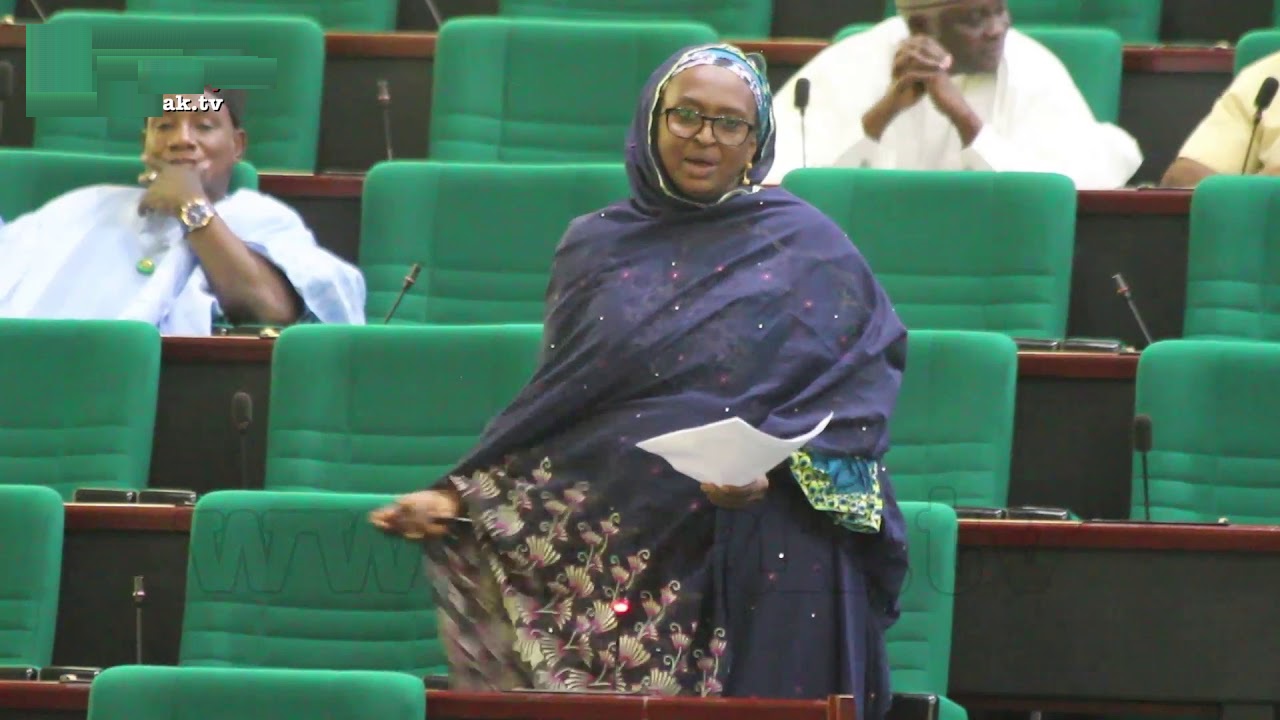Electoral Act amendment bill to address over 300 flaws – Dukku
The chairman, House Committee on Electoral Matters, Rep. Aisha Dukku (APC, Gombe), on Tueday said the bill seeks to address over 300 flaws in the nation’s electoral system. Dukku, who is the sponsor of the bill, disclosed this while speaking to journalists when the draft legislation passed second reading during plenary on Tuesday. “This amendment […]

The chairman, House Committee on Electoral Matters, Rep. Aisha Dukku (APC, Gombe), on Tueday said the bill seeks to address over 300 flaws in the nation’s electoral system.
Dukku, who is the sponsor of the bill, disclosed this while speaking to journalists when the draft legislation passed second reading during plenary on Tuesday.
“This amendment has become necessary because of the flaws observed in our electoral system.
“The bill, therefore, seeks to address many loopholes in our electoral system by way of amending over 300 clauses (including new provisions) of the Electoral Act 2010.
“These amendments include sections of the Electoral Act 2010 amended by the 8th National Assembly, which was not assented to by the president due to some typographical errors observed in the bill and a draft proposal from the Independent National Electoral Commission (INEC),” she added.
She said the bill seeks to regulate the conduct of federal, state and area council elections and other related matters.
Meanwhile, a Lagos-based tech firm, Chams Plc, has introduced its improved e-voting platform known as VOTA to serve as an alternative to paper-based ballots.
The Executive Director, Chams Plc, Mrs Mayowa Olaniyan, explained that the e-voting solution enables individuals to vote from the convenience of their smart devices whilst fully maintaining the integrity of the voting process.
According to her, it is primarily developed for associations, professional bodies and corporate groups, amongst others.
According to Mrs Olaniyan, VOTA fully automates and simplifies the voting process and drives a shift from the traditional manual methods of voting that are time-consuming and resources intensive.
